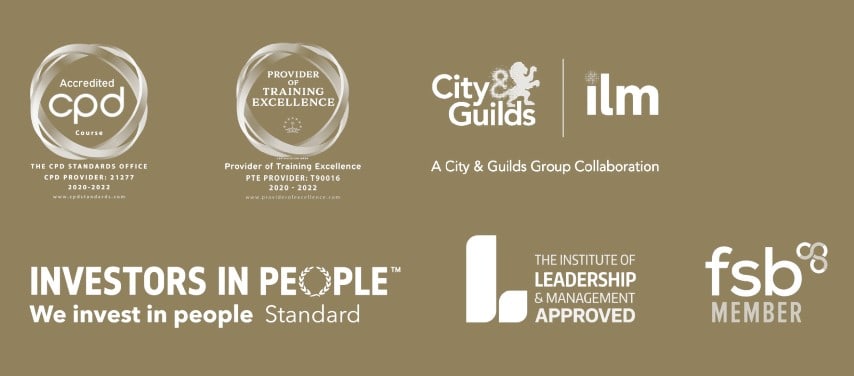We all crave meaningful relationships and deep connections with others. Humans are social animals and making and maintaining social connections is integral to our emotional and physical wellbeing. Yet, in our hectic modern world, trying to carve out quality time with friends and family can feel overwhelming.
Building relationships does take time and effort, but it is a worthwhile investment as research shows that meaningful connections make us happier, healthier and more fulfilled. The good news is that there are plenty of little things you can do to build those all-important social bonds.
1. Celebrate other people’s successes
Whether it’s sending your friend a card to congratulate her on a landing a promotion or making a cake to celebrate your son’s test score, rejoicing alongside them will build goodwill and positivity. As an added bonus, celebrating other people’s success will also boost your own levels of optimism, thus improving your overall health and wellbeing.
2. Show your vulnerability
Opening up and showing your authentic self is one of the most effective ways to build deeper connections. You do not have to share you darkest secrets but being honest about your feelings, fears and needs will lead to greater intimacy and acceptance.
3. Label your emotions
Research shows that people with high emotional intelligence have better quality relationships. Yet, many of us make snap judgements about other people’s feelings or fail to recognise our own emotions as they arise. Learning to label your emotions helps you regulate them and express them in a healthy manner.
4. Remember important dates and events
From birthdays and anniversaries to upcoming holidays and job interviews, letting others know that you are thinking of them will make them feel loved and valued. To help you remember important dates and events, write them down in your calendar or set reminders on your phone.
5. Use human touch
This may not be appropriate for all your interactions but, with someone you know well, physical gestures such as greeting them with a hug or putting your hand on their arm to emphasis a point can communicate empathy, affection and gratitude.
6. Ask engaging questions
One of the most important aspects of being a good communicator is active listening. Most people love to talk about themselves so asking questions that encourage them to open up will make them feel good. A couple of suggestions could be: ‘Where is the most beautiful place you have eve visited?’ or ‘What are you most proud of in your life right now?’
7. Ask for help
Admitting that you are struggling or need help will build connections by making the other person feel trusted and useful. Some people avoid asking for help because they see it as a sign of weakness but a willingness to reach out to others actually builds confidence and resilience. In the long run, it also creates a positive culture where asking for help is normalised and not associated with stigma.
8. Keep in touch
In today’s global world, it is not unusual for friends and families to move to another area or even relocate to a different country. Don’t let it be a case of ‘out of sight, out of mind’ and make an effort to keep in touch by email, telephone or even old-school letter writing. An added bonus is that you might be invited to stay and have the opportunity to explore a new destination.
9. Learn to let go
You do not have to argue against everything you don’t agree with. Sometimes it is better to remain neutral and simply listen to the other person. When you let go of the need to be right, and instead focus on being curious, you open your mind to learning, exploring and growing.
10. Be consistent
Reliability is really important when it comes to building trust with other people. If you say you are going to do something, do it. Show up on time, do not cancel at the last minute unless it is an actual emergency and respond to texts, emails and other communications in a timely fashion.










